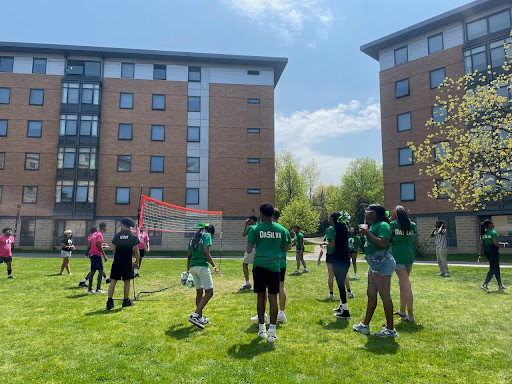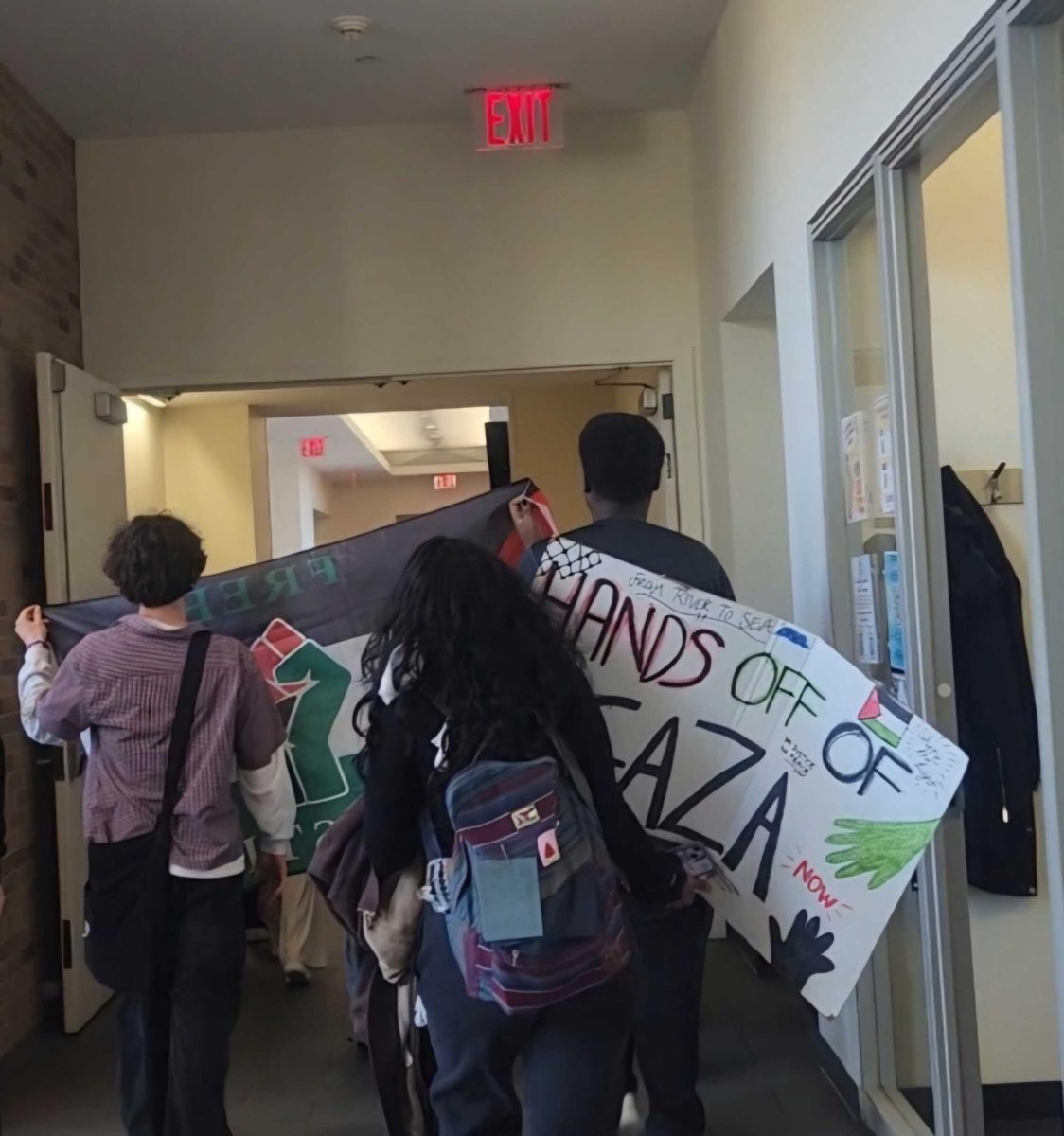New York drivers will have to keep their hands on the wheel starting Nov. 1, when a statewide law against texting while driving goes into effect.
According to the Governors Highway Safety Association, a non-profit organization located in Washington D.C., 18 states have already banned text messaging while driving. The association represents state highway safety offices and implements programs to improve road safety.
“The best method is to not use a cell phone at all,” said Jonathan Adkins, the association’s communications director. “What text message is so urgent that it’s worth risking your life or a ticket?”
The current New York State Vehicle and Traffic Law, which went into effect in 2001, states that drivers must use hand-free cell phone devices, such as a Bluetooth, or other headsets when in a car. This is a primary law, meaning that police officers can pull over and ticket drivers who use their cell phones in the car.
Under the new legislation, approved over the summer by the New York State Senate and Assembly and signed by Governor David Paterson, drivers could be fined up to $150 for using handheld devices to send text messages in a moving vehicle. This new bill is a secondary law, meaning that a police officer can only fine drivers for text messaging if they are pulled over for another violation, such as speeding or not wearing a seatbelt.
Queens Assemblymembers said they support this bill because of the dangerous nature of texting while driving.
“With the fast advancement of technology and convenience, this bill is necessary for saving lives,” said Grace Meng, a co-sponsor of the bill. “Texting while driving is in many ways more dangerous than talking on the phone while driving.”
Assemblyman Mark Weprin echoed Meng’s sentiments.
“Distracted driving creates serious safety risks,” he said.
“The ban on text messaging while driving will save lives.”
In a study done by Virgina Tech University’s Transportation Institute in July about the use of cell phones while behind the wheel, drivers who text are 23 times as likely to get into an accident, or almost get into an accident, while drivers who talked on their cell phones were only slighty more likely to get into an accident or near-accident.
Some St. John’s students said they have text-messaged while driving.
“I’ve driven and texted. I’ll hold my phone in one hand and I still look at the road,” said Michelle Wiltz, a junior.
“It’s better to wait until you’re at a red light. It’s better to do it [text message] in a residential area.”
Kierby Hidalgo, a junior, also said she has text-messaged while driving.
“I’ve actually done it myself, but I think it’s a stupid idea,” she said.
Both of these students said they support the new bill being passed in New York.
“I think it’s good because some people don’t look at the road [while texting],” said Wiltz.
Hidalgo shared a similar feeling. “I think that it [the bill] is great,” she said. “It will save some lives.”
Sophomore Sila Havard said he texts while driving depending on how much traffic there is.
“If I’m just cruising, I’ll text,” he said.
Junior Bora Lee said that her friend got into an accident because she text messaged behind the wheel.
“My friend got into an accident because she skidded and didn’t brake in time,” she said.
Junior Cesiah Moreno, who has texted while being stuck
in traffic, said she thinks accidents can easily happen if someone texts while driving.
“If you’re not paying attention, it’s one of those things that can happen in one second,” she said. “It’s better to be safe than sorry.”

















